World last week: Shaky position!
(Baonghean) - Covid-19, the pandemic sweeping the globe, has not only claimed lives and livelihoods but much more. It has shaken the positions that leaders have tried to maintain...
Declining reputation
The Covid-19 pandemic has caused President Trump to face the possibility of 25 million job losses - a huge loss in the history of the US economy, due to the stagnation of production and business activities. The unemployment rate could skyrocket to nearly 20% or even more. The number of 25 million job losses will "overshadow" the 22 million jobs that President Trump has created since taking office.
The economic downturn deepened as the US continued to impose strict lockdowns to control the spread of the disease. Business activity plunged to an all-time low in April. Economic growth will fall by 7% in 2020.
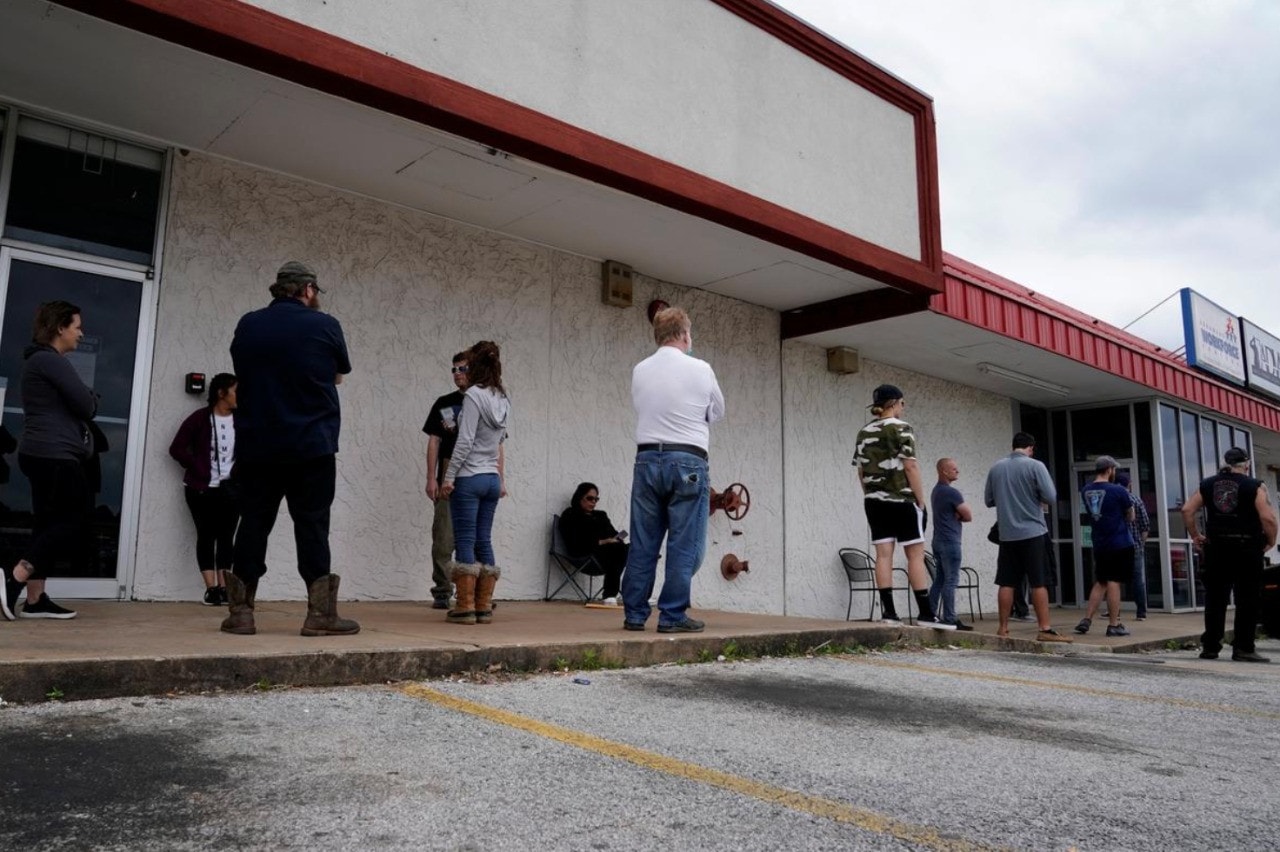 |
| People who lost their jobs line up to apply for unemployment benefits due to the impact of the Covid-19 pandemic. Photo: Reuters |
Since March 21, 26.5 million Americans have filed for unemployment benefits, representing 16.2% of the workforce. That has led to dire predictions of 30 million job losses due to Covid-19, a record number for unemployment at levels not seen since the 2008 global recession.
Economists expect as many as 25 million jobs to have been lost in April after the economy shed 701,000 jobs in March, the biggest drop in 11 years. While weekly jobless claims remain high, claims fell last week, raising hopes that the worst may be over. Claims peaked at 6,867 a week.
Domestic consumption accounts for about two-thirds of US economic activity, but no one really knows how consumers will react - a key variable in a quick economic recovery.
“Welfare applications are trending down, but if consumers are reluctant to go shopping or visit restaurants due to Covid-19 concerns, employment will not rebound quickly. So this would be another signal that a “V-shaped” recovery in the US economy is unlikely.”
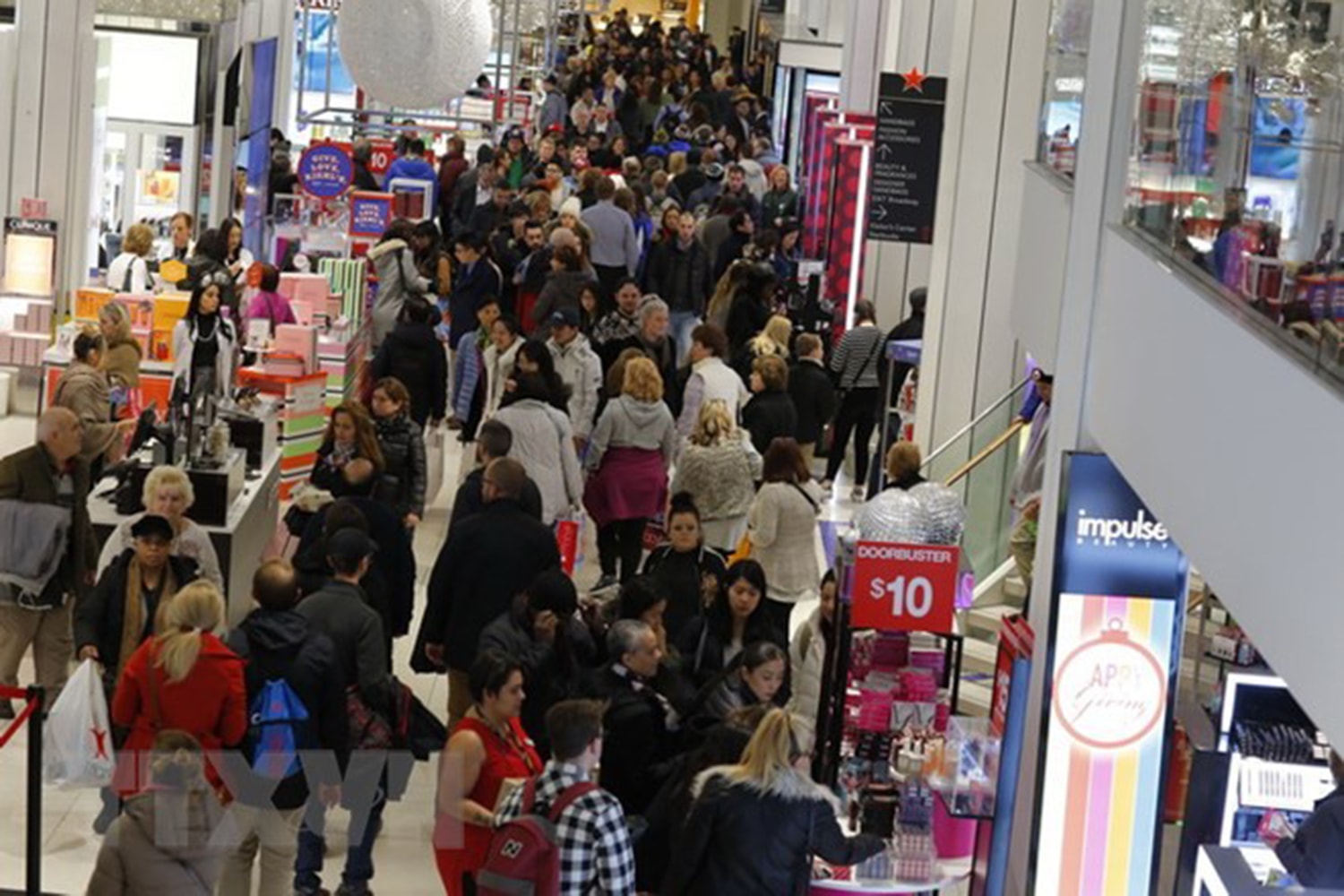 |
| People shop at a store in New York, USA. Illustration photo: AFP/TTXVN |
As the pandemic unfolded, President Donald Trump and state governors clashed over what should be done and who had the authority to do it. The White House chief downplayed the dangers of Covid-19 and the need for safety measures recommended by scientific advisers.
President Trump also announced last week that he would stop issuing green cards, a move that many critics said was a “use of the crisis to promote anti-immigration policies.” Dominique Moisi, a political scientist and senior advisor at the Montaigne Institute in Paris, said: “The US is not doing badly, but extremely badly.”
Heavy criticism
After days of intensive treatment for SARS-CoV-2 infection, British Prime Minister Boris Johnson's health is "very good and improving". The Daily Telegraph said that Prime Minister Johnson could return to work as early as next Monday. It is not clear when Mr. Johnson will return to Downing Street, but in recent days the British leader and government officials have faced great pressure over their initial response to Covid-19. Prime Minister Johnson was accused by the opposition Labour Party of "inaction" in the crucial early weeks when Covid-19 first appeared in the UK.
The UK is one of the European countries hardest hit by the Covid-19 pandemic, with more than 138,000 cases and nearly 19,000 deaths. However, the actual death toll could be much higher, as the figures only count deaths in hospitals, not in nursing homes and in the community. The UK currently has the fifth highest death toll in the world, after the US, Italy, Spain and France. Scientists say the death rate will only start to decline in a few weeks.
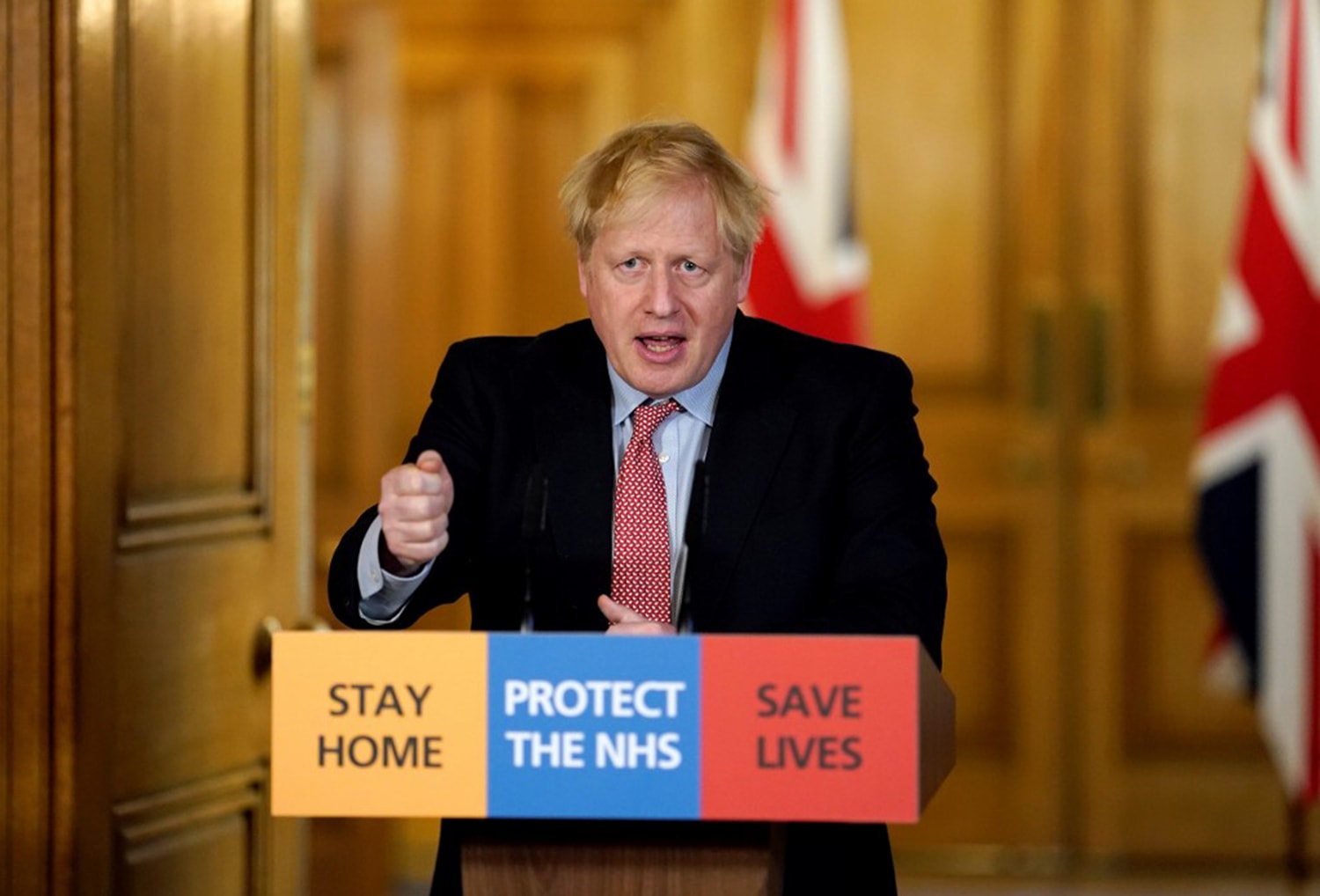 |
| British Prime Minister Boris Johnson prepares to return to Downing Street for work. Photo: The Times |
Faced with the worsening situation, the British government has been criticized for its response: it was slower than its European neighbors in imposing lockdowns, implementing social distancing, and failing to provide enough protective equipment for frontline medical staff.
The criticism was even more pointed at the British Government when the British Cabinet Office Minister Michael Gove confirmed that Prime Minister Johnson did not attend five high-level emergency meetings to discuss Covid-19 preparedness plans in January and February. It quickly became the most discussed topic in the UK in recent days.
Minister Michael Gove explained that the Prime Minister's presence at such meetings was unnecessary, and that such meetings were usually run by the relevant ministers, with all contents reported to Prime Minister Johnson. However, these explanations could not satisfy critics, when they asserted that Britain was facing the biggest threat since World War II, not a winter flood. And the Labour Party, because of this, called Mr. Johnson a "part-time Prime Minister".
Not only that, but when he returns to work, Mr. Johnson will also face the most difficult question: how to lift the lockdown that has caused the British economy to shrink without triggering a second wave of the outbreak. The economy was forced to shut down as part of the effort to tackle the Covid-19 pandemic. Britain's manufacturing and service industries suffered the biggest declines this month.
The country's economy is heading into its deepest recession in more than 300 years, a Bank of England policymaker has warned, even after the Treasury and Bank of England introduced a series of emergency stimulus measures.
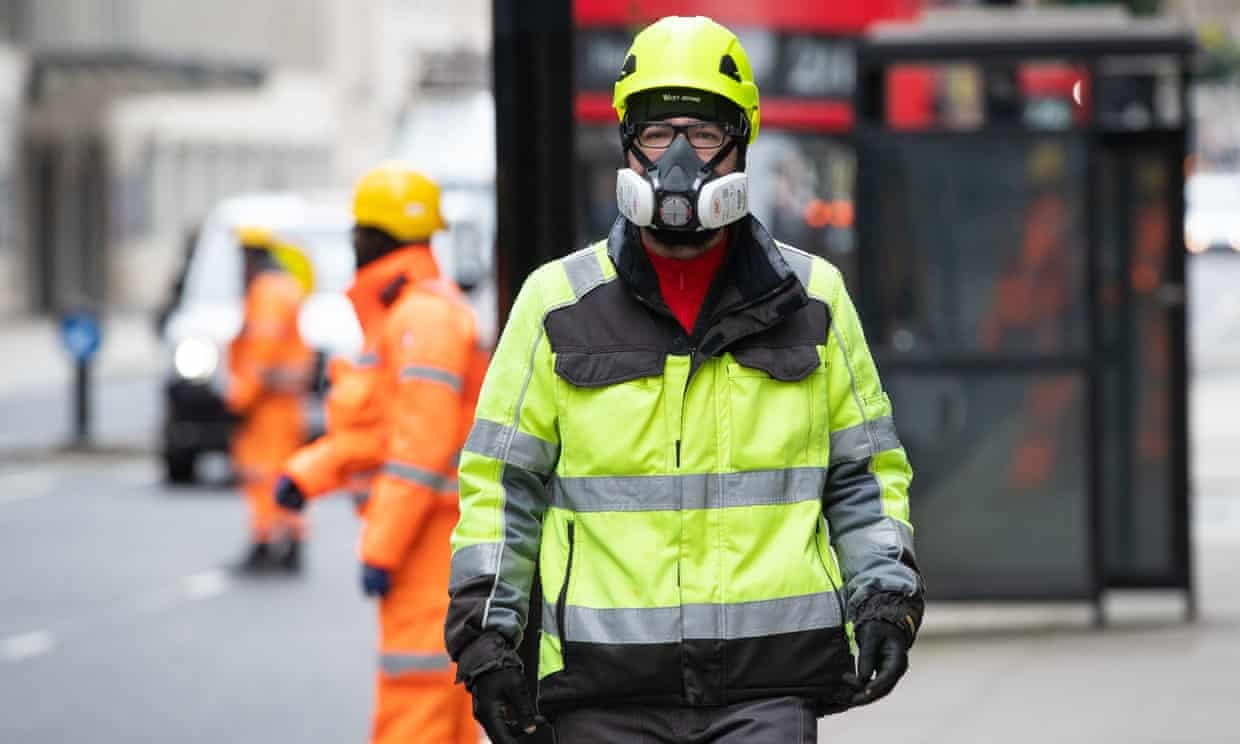 |
| The British government has been criticized for being slow in locking down the country. Photo: AP |
In a pandemic that could destroy the world’s most developed economies, UK business activity is the worst in the eurozone, data firm IHS Markit said. Services and manufacturing sectors reported a collapse in business, with the manufacturing PMI falling from 43.9 in March to 16.6 in April, and the services PMI falling from 34.5 in March to 12.3 in April. The services sector accounts for about three-quarters of UK business activity.
Chris Williamson, chief business economist at IHS Markit, said: “The economic shutdown and social distancing measures have caused business activity to collapse at crisis speed. GDP will fall to unimaginable depths in the second quarter.
The Bank of England has warned that the country's economic recovery will be very slow. The entire British economy is forecast to shrink by 13% this year. The Bank of England has already cut interest rates twice this month, to an unprecedented low of 0.1%, and increased its bond purchases to a total of £200 billion. The British government has also introduced a series of emergency measures, including supporting 80% of the wages of all temporarily laid-off workers.

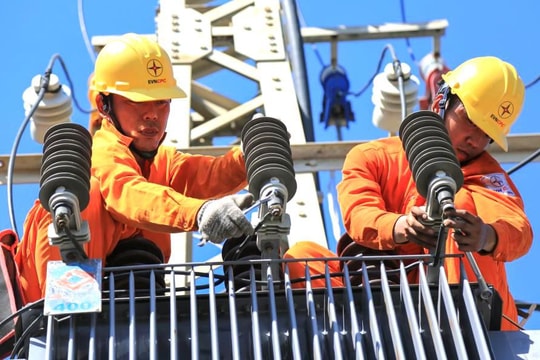


.jpg)
![[Infographics] 5 biện pháp phòng, chống dịch COVID-19 [Infographics] 5 biện pháp phòng, chống dịch COVID-19](https://bna.1cdn.vn/thumbs/540x360/2025/05/22/anh-2.jpg)

-5b8619d675cc4f38cedd8c853332ddab.jpg)
